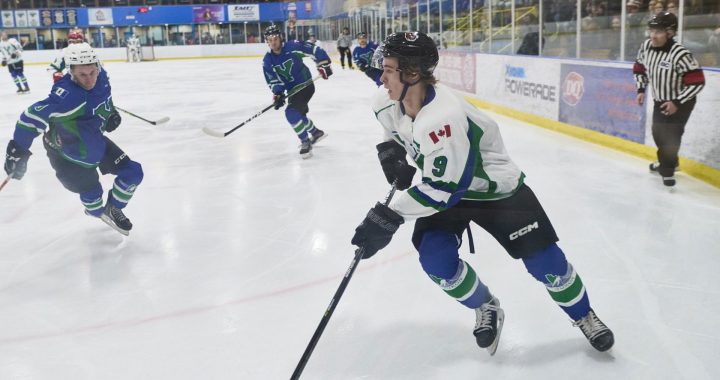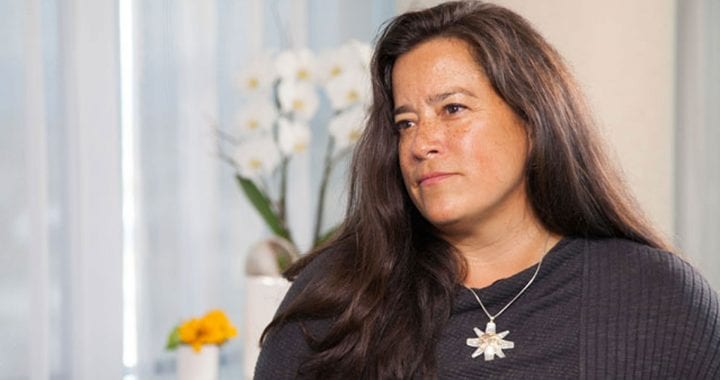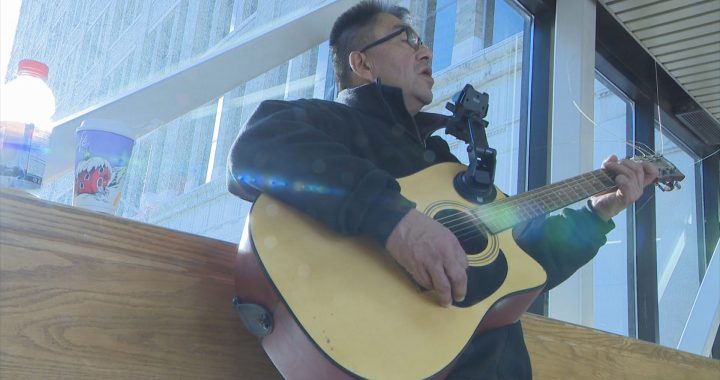(Jon Styres, a 29-year-old father of two from Six Nations, was shot dead while trying to break into a truck.)
An Ontario First Nation council is calling on the province to appeal a not-guilty verdict in the shooting death of a 29-year-old Indigenous man.
Jon Styres, a Six Nations member and father of two, was shot dead in the early morning of Feb. 4, 2016 while breaking into a truck on a rural property near Hamilton, Ont.
The property owner, 28-year-old ex-military reservist Peter Khill, admitted he shot Styres, but pleaded not guilty to second-degree murder, arguing he fired in self-defence when he thought Styres was pointing a gun at him.
A jury acquitted Khill of the murder charge on Wednesday morning.
Six Nations Chief Ava Hill said she was “shocked” by the outcome, considering the high-profile non-guilty verdict in the death of Colten Boushie.
“What’s that mean? A car is more important than a young man’s life? I’m in shock,” she said on the phone from Nipissing, Ont., during the Chiefs of Ontario meeting.
Hill said she’s hoping to meet with Justice Minister Jody Wilson-Raybould about reforming the criminal justice system.
“What are we doing about this? They keep saying they’re going to do something. They’re not doing anything about it,” she said.
Six Nations Elected Council is also calling on the provincial Ministry of the Attorney General to appeal the verdict.
Both the offices of Wilson-Raybould and the attorney general declined comment.
Perry Bellegarde, national chief of the Assembly of First Nations (AFN), said the verdict sends a “troubling signal to Canadians” that they will not face consequences for committing acts of violence against First Nation people.
“The treatment of First Nations in the justice system stands in stark contrast to other Canadians. First Nations are over-represented in the criminal justice system as offenders, yet their contributions to juries are not sought or welcomed,” he said in an emailed statement, adding that youth are incarcerated at “appalling rates because of unfair treatment by the legal system.”
“It’s time for all of us to stand up and say ‘First Nations lives matter’.”
Evan Jamieson-Eckel, a young Indigenous man from nearby Waterford, Ont., said he thinks Canada’s legal system works against Indigenous people.
“I was hoping for a guilty verdict but was expecting a not guilty verdict,” he said. “I think our laws are set up to oppress who we are as Indigenous people.”
The trial has been compared to the case of Gerald Stanley, a Saskatchewan farmer acquitted in the shooting death of Boushie.
The non-guilty verdict – delivered by an all-white jury – sparked nationwide rallies for reforms to the criminal justice system.
The federal Liberals have since announced plans to overhaul the justice system, including jury selection.
It’s unclear whether any members of the jury in Khill’s trial were Indigenous. However, during jury selection, lawyers were allowed to question potential jurors on racial bias.
Defence lawyer Jeffrey Manishen told the jury that race played no part in this case, as Khill could not possibly have known Styres was Indigenous given how dark it was at the time of the shooting and how quickly events unfolded.
– With files from Beverly Andrews and The Canadian Press











youth are incarcerated at “appalling rates because of unfair treatment by the legal system.”
Of course it has nothing to do with the fact they are committing crimes.
youth are incarcerated at “appalling rates because of unfair treatment by the legal system.”
Of course it has nothing to do with the fact they are committing crimes.